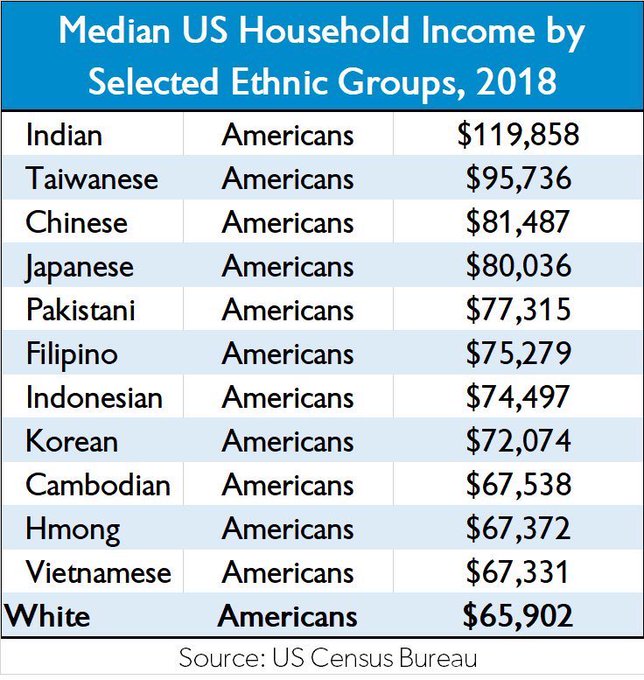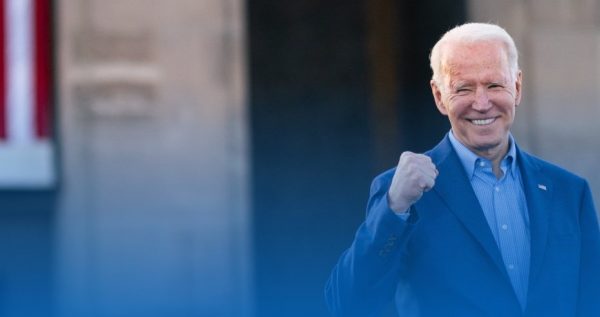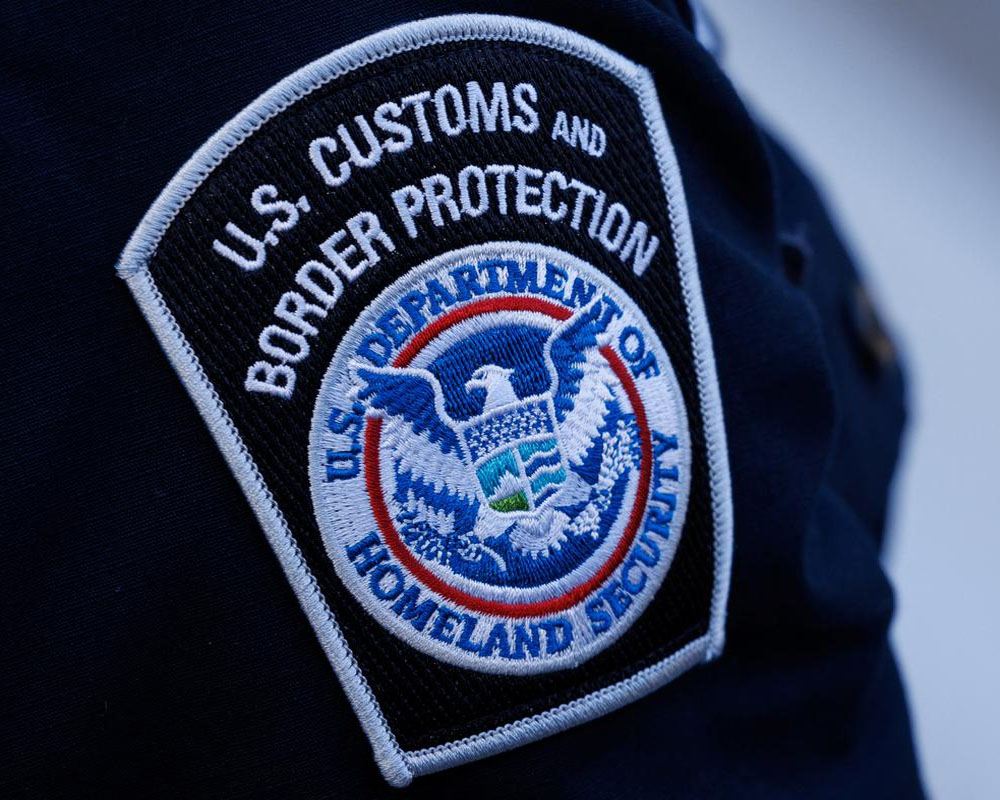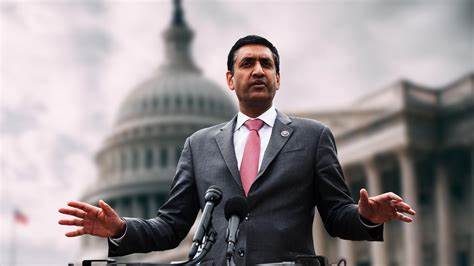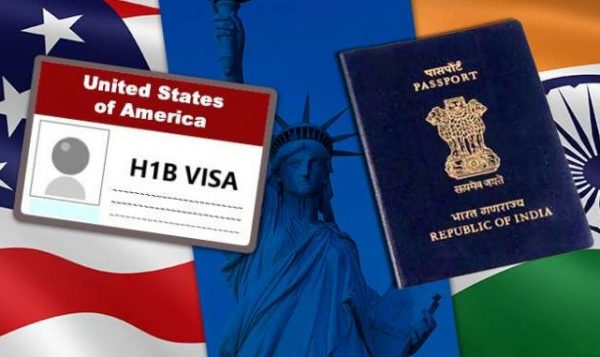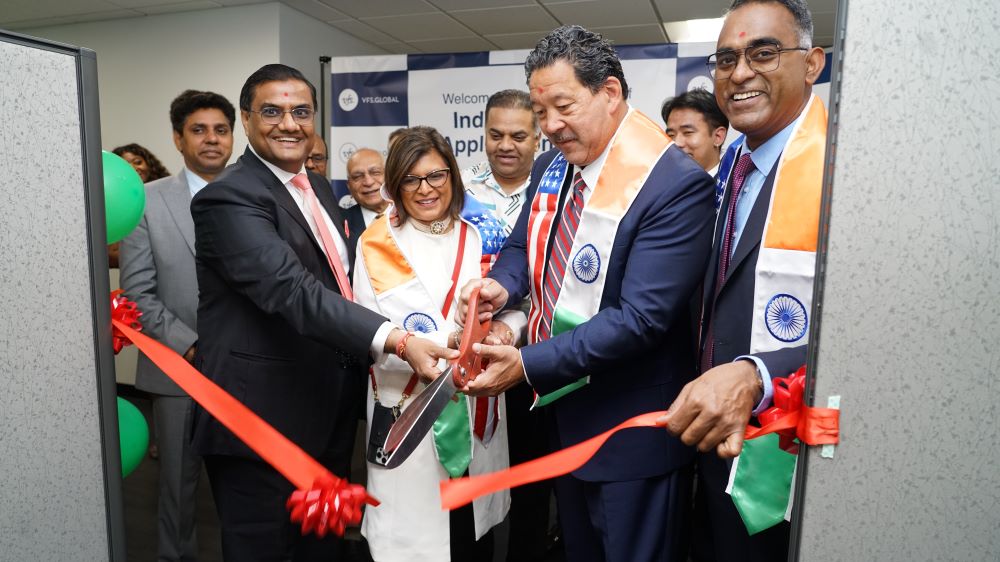Cyrus D. Mehta and Kaitlyn Box
In an earlier blog, we discussed ethics for immigration lawyers during the COVID-19 pandemic. Another ethical dilemma, addressed by two recent ethics opinions from the New York City Bar and the New York State Bar, arises when a lawyer is required to make an in-person court appearance, but is reluctant to go to court for fear of contracting COVID-19 or out of fear of for passing onto the infection to others. These ethics opinions are directly relevant to immigration lawyers who need to make appearances in immigration court on behalf of clients as well as as appear on behalf of clients for adjustment of status and naturalization interviews at USCIS.
On December 2, 2020, the New York City Bar Professional Ethics Committee issued Formal Opinion 2020-05: A Lawyer’s Ethical Obligation When Required to Return to Court During a Public Health Crisis. The opinion deals with a New York lawyer’s duty to appear physically appear in court during the COVID-19 pandemic. The opinion acknowledges that some lawyers may be concerned about physically returning to court during the pandemic. Lawyers who are more susceptible to COVID-19 due to health conditions, or those who care for a medically vulnerable family member worried about appearing in court in person while the pandemic remains a threat. The opinion first examines whether a lawyer’s health concerns could create a personal conflict of interest. According to New York Rules of Professional Conduct (the “Rules”) 1.7(a)(2), a personal conflict of interest exists where a reasonable lawyer would conclude that “there is a significant risk that the lawyer’s professional judgment on behalf of a client will be adversely affected by the lawyer’s own financial, business, property or other personal interests.” The opinion reasons that “a reasonable lawyer would conclude that there is a significant risk that the lawyer’s professional judgment on behalf a client would be compromised by the lawyer’s personal interest in not wanting to resume in-person court appearances”. One can imagine scenarios, like those outlined in the opinion, in which a lawyer who is extremely anxious about contracting the COVID-19 virus would avoid pursuing a remedy that would involve court appearances, even though this might be the best course of action for his or her client.
However, even if a lawyer’s health concerns create a conflict of interest, that conflict may be waived if the lawyer nonetheless believes that he or she “will be able to provide competent and diligent representation”. Rule 1.7(b)(1). The opinion recommends that a lawyer who has reservations about appearing in court in person, but believes that he or she can still competently and diligently represent the client though other means like video appearances, should disclose the conflict and obtain a waiver from the client, provided that the client is comfortable with the lawyer’s proposed alternatives. If, however, the lawyer’s health concerns make it impossible to provide competent and diligent legal representation, then the conflict is not waivable.
If a lawyer believes that a conflict of interest is not waivable or is not able to obtain a waiver from the client, the lawyer must withdraw if the conflict will result in her representation of the client falling below the “competent and diligent” standard. See Rule 1.16(b)(1). This rule requires the lawyer to withdraw if “the lawyer knows or reasonably should know that the representation will result in a violation of these Rules or of law.” Although Rule 1.16 allows permissive withdrawal of representation under Rule 1.16(c), this ethics opinion insists that a lawyer must withdraw based on the non-waivable conflict of interest pursuant to Rule 1.16(b)(1). The opinion also recognizes that when the lawyer is before a tribunal, under Rule 1.16(d) the lawyer must seek permission from the court to withdraw, and the court may still require the lawyer to continue with the representation. The opinion states that the lawyer “should obtain a clear and unequivocal order from the tribunal and consider whether to appeal or comply with the order.” If the lawyer is permitted to withdraw by the court, the lawyer must take reasonable steps to avoid foreseeable prejudice to the client. See Rule 1.16(e). Finally, the opinion also advises that law offices and lawyers with supervisory responsibilities must take reasonable steps to address the ethics issues detailed in the opinion.
2.3(i)(ii) of the EOIR Practice Manual lays out the requirements for a lawyer who wishes to withdraw from representation in immigration court. The lawyer must first submit to the court a written or oral motion to withdraw. See 8 C.F.R. § 1003.17(b). The EOIR Practice Manual specifies what information a motion to withdraw must contain, including the reason for the withdrawal and a statement concerning the lawyer’s efforts to obtain consent from the client to withdraw. The immigration court will then consider the motion, taking special consideration of the time remaining before the client’s next hearing and the reason the attorney has put forth for wishing to withdraw. Until the immigration court has granted the attorney leave to withdraw, the attorney must continue to diligently and competently represent the client, including attending any scheduled hearings.
An earlier New York State Bar Association ethics opinion on October 8, 2020 similarly concluded that a lawyer may withdraw when health concerns create a situation where “the lawyer’s mental or physical condition renders it difficult for the attorney to carry out the representation effectively.” See NYSBA Ethics Op. 1203 (2020). The New York City Bar Professional Ethics Committee’s opinion reaches a parallel conclusion, but emphasizes that a lawyer may withdraw if her fear of contracting COVID-19 prevents her from providing competent and diligent representation to her client. The opinion concludes by pointing out that, even if a lawyer wishes to withdraw, she may still be required to continue representation if so ordered by the court under Rule 1.16(d), or if withdrawal would harm the client.
NYSBA Ethics Opinion 1203 involved a similar inquiry from an attorney who was required to make an in-person appearance in immigration court during the pandemic, but was concerned about contracting the virus or infecting a family member, given the lack of safety protocols that the immigration court had implemented at the time. The opinion addressed the question of whether an attorney might withdraw if continued representation would endanger the lawyer’s health or safety. The opinion concluded that the lawyer could withdraw, with permission from the court, reaching a similar conclusion to the New York City Bar Professional Ethics Committee’s opinion. The NYBSA ethics opinion first points to Rule 1.16(b), although this appears to be a scrivener’s error as the opinion is likely referring to Rule 1.16(c)(9), which permits withdrawal when “the lawyer’s mental or physical condition renders it difficult for the lawyer to carry out the representation effectively.” The standard, according to the NYSBA, is that effective representation becomes ‘difficult,’ not impossible. The NYSBA provides examples of how the lawyer’s fear of COVID-19 might “subtly but powerfully” undermine the representation of a client in immigration court in a number of ways. The lawyer may be reluctant to spend time with the client in-person to understand the client’s case and communicate the options. The lawyer might also be inclined to consent to a premature disposition of the case, even though prolonging the case through additional appearances and motions could lead to a more favorable outcome. The lawyer may also try to complete the hearing quickly without calling witnesses to testify or waiving cross examination of government witnesses.
While the New York City Bar’s opinion centers around the mandatory ground under Rule 1.16(b)(1), based on a non-waivable conflict of interest, the NYSBA opinion invokes the permissible withdrawal ground ostensibly under Rule 1.16(c)(9) when “the lawyer’s mental or physical condition renders it difficult for the lawyer to carry out the representation effectively.” The opinion also invokes two additional permissible grounds for withdrawal: Rule 1.16(c)(1) if the “withdrawal can be accomplished without material adverse effect on the interests of the client” and Rule 1.16(c)(10) if the client “knowingly and freely assents to termination of the employment.”
The opinion concludes that a lawyer caught in this situation may seek to withdraw from representation, provided the lawyer has permission from the court and withdraws in a manner that does not prejudice the client’s interests and has permission from the court. Rule 1.16(d) requires lawyers to seek permission from the court before withdrawing, and forbids them from withdrawing at all if the court declines to allow withdrawal.
An immigration judge might refuse to allow a lawyer to withdraw because of a fear of contracting COVID-19 if alternatives, such as appearances by telephone or video, would allay the lawyer’s health concerns and allowed for continued representation. EOIR has attempted to offer alternatives to in-person hearings to mitigate health concerns. All EOIR courtrooms are equipped with telephones and some with video equipment, so hearings conducted by telephone or video conference may be appropriate alternatives in many cases. In July 2020, The AILA New Jersey Chapter filed a complaint in district court seeking an injunction to prevent the Newark Immigration Court from forcing immigration attorneys to appear for in-person court proceedings during the pandemic, but the U.S. District Court declined to grant the injunction on the grounds that EOIR’s policy of offering a videoconferencing alternative sufficiently mitigated the harm plaintiffs would suffer if forced to appear in person. A November 6, 2020 EOIR policy memo memorializes EOIR’s practice of offer telephonic and video hearings in lieu of an in-person hearing where appropriate.
Lawyers must carefully consider whether they may be able to competently and diligently represent a client through a telephonic, or video hearing if they are reluctant to attend a live hearing. Attending the hearing in person may have advantages where there are difficult and complex evidentiary issues and where the client’s credible testimony is crucial for a successful outcome, but the lawyer must make that determination when deciding to opt for remote representation. There are times when the immigration court may force a remote hearing on all the parties. If the client chooses a live hearing when it is an option, the lawyer must abide by the client’s wishes. If a lawyer’s request to withdraw is declined by an immigration judge, a lawyer should try to find alternative approaches without compromising competent representation. If the immigration judge is not inclined to grant a continuance, one possible approach is to arrange to have another competent lawyer within the lawyer’s firm attend the hearing. A solo practitioner may arrange for a competent colleague to appear at the hearing. These arrangements should only be undertaken after obtaining the client’s informed consent and ensuring that the client will still be competently represented. It is hoped that the two New York ethics opinions would persuade an immigration judge to allow an attorney to withdraw from representation either on the ground that it would create a personal conflict of interest or when the lawyer’s mental or physical condition renders it difficult for the lawyer to carry out the representation effectively.
While many immigration courts remain closed, or close whenever there is a COVID-19 incident, USCIS has been more regularly conducting in person adjustment and naturalization interviews. A lawyer would face a similar dilemma in deciding to attend an adjustment of status or naturalization interview on behalf of a client. The current USCIS policy is to allow the lawyer to represent the client via telephone while the client appears in person for the interview. In this case too, the lawyer must ensure that representing the client via telephone will not compromise the representation. It is easier for a lawyer to withdraw from representation before the USCIS than immigration court, but whether the lawyer has withdrawn from representation of a client for an in person appearance in immigration court or an in person appointment at USCIS, it is important that the lawyer follows Rule 1.16(e), which is to “take steps, to the extent reasonably practicable, to avoid foreseeable prejudice to the rights of the client, including by giving reasonable notice to the client, allowing time for employment of other counsel, delivering to the client all papers and property to which the client is entitled, promptly repaying any part of a fee paid in advance that has not been earned and complying with applicable laws and rules.”
Cyrus D. Mehta is the Founder and Managing Partner of Cyrus D. Mehta & Partners PLLC. He is a prolific speaker and writer on contemporary immigration topics. He graduated with law degrees from Cambridge University and Columbia Law School.
Kaitlyn Box graduated with a JD from Penn State Law in 2020, and works as a Law Clerk at Cyrus D. Mehta & Partners PLLC.
This blog is for informational purposes and should not be relied upon as a substitute for legal advice. Originally published in blog.cyrusmehta.com.
















